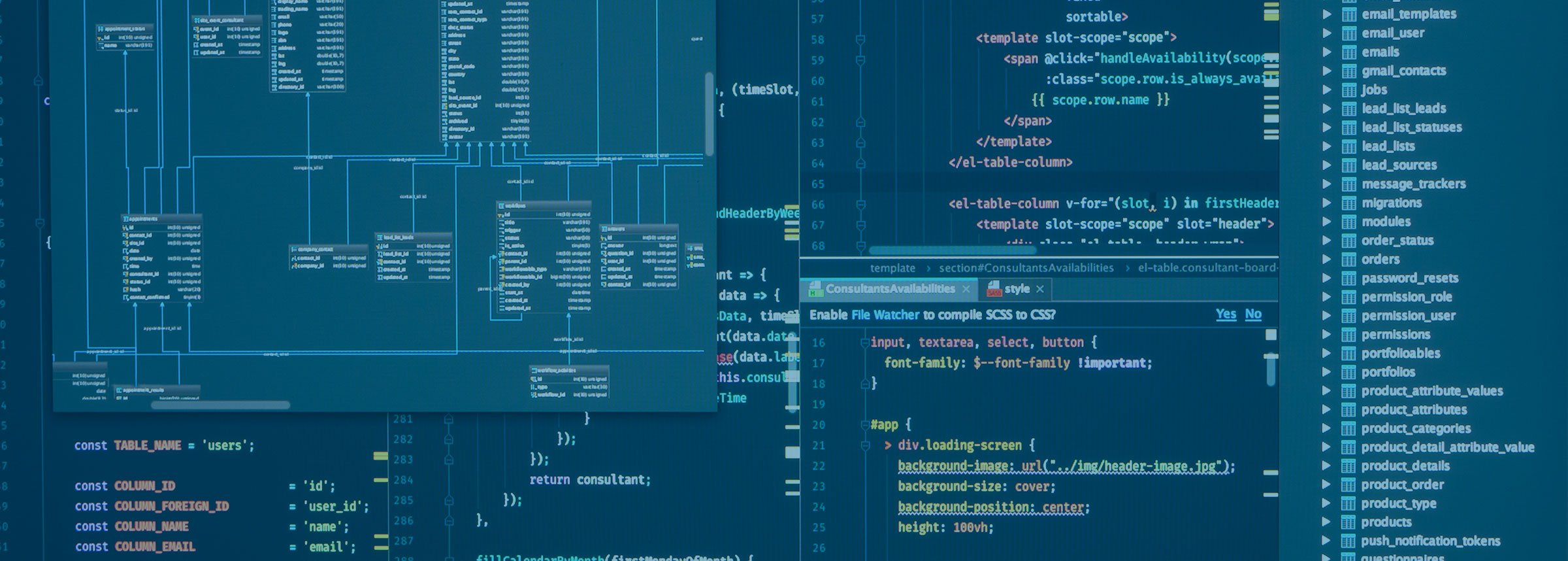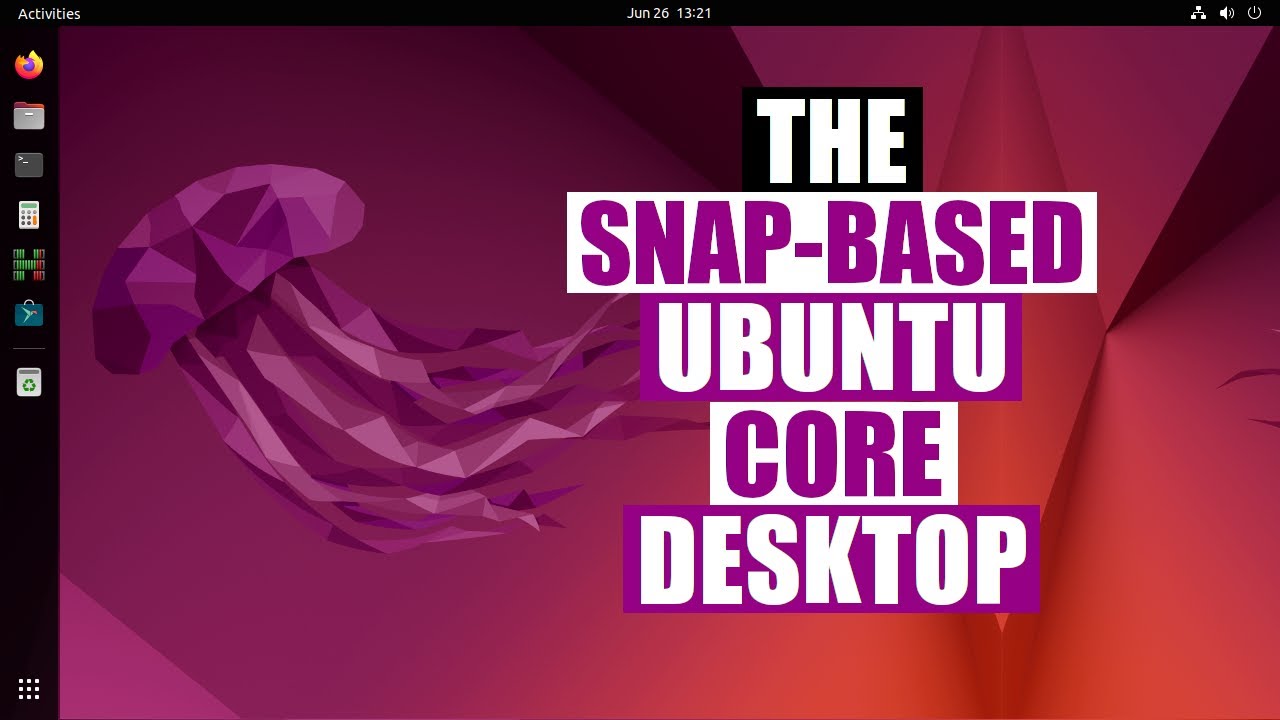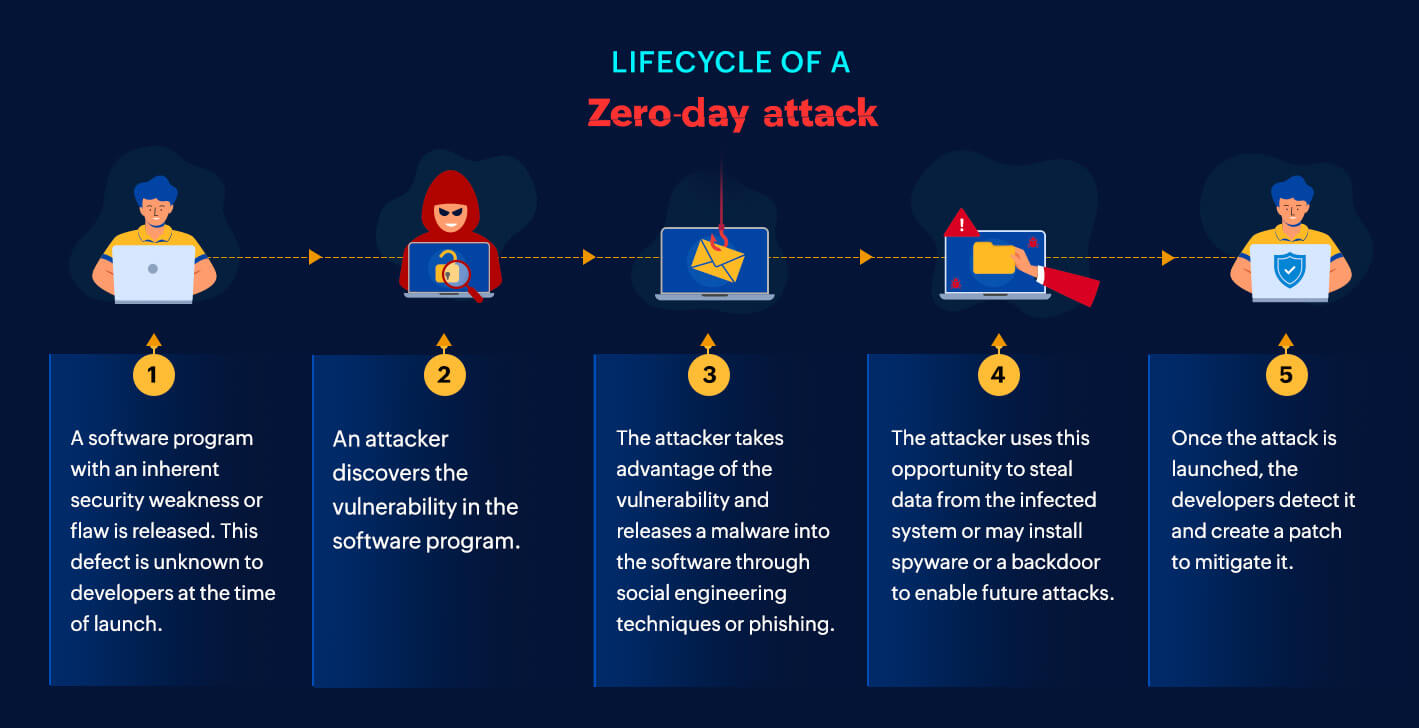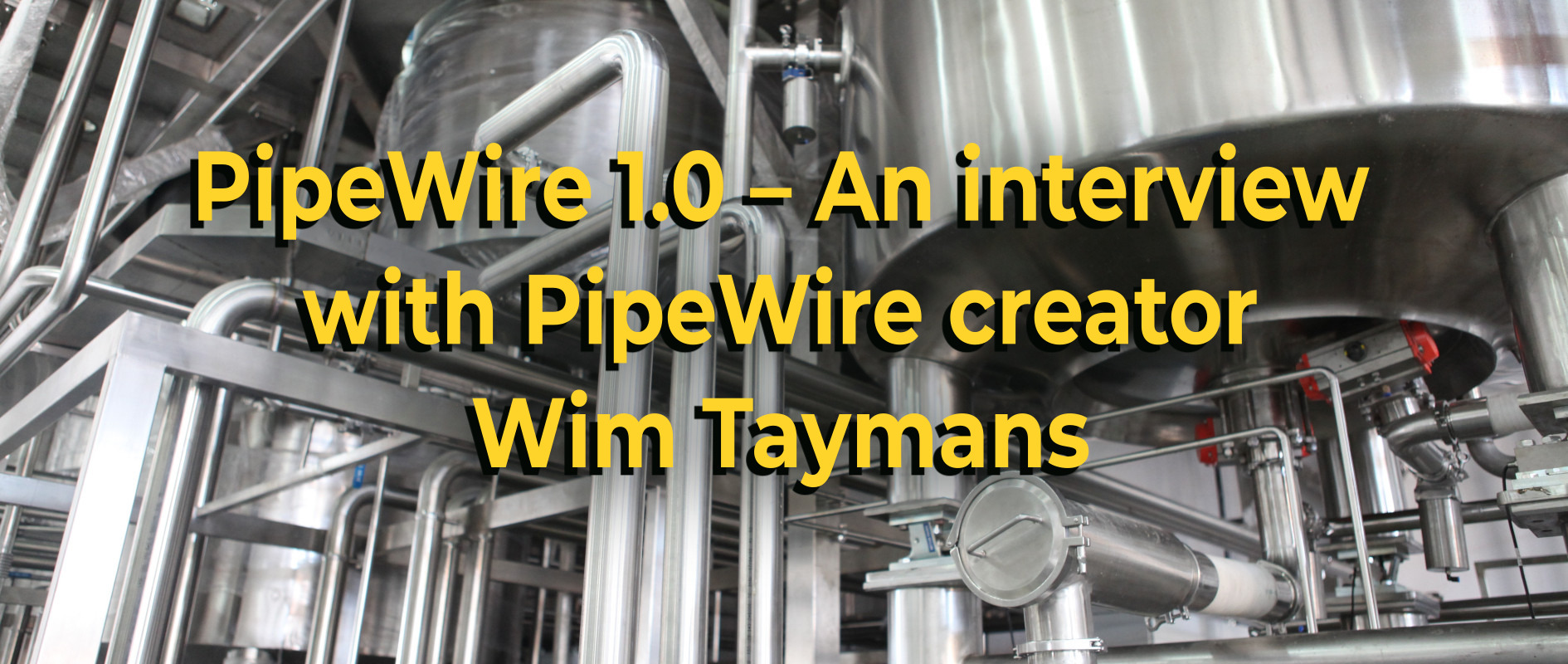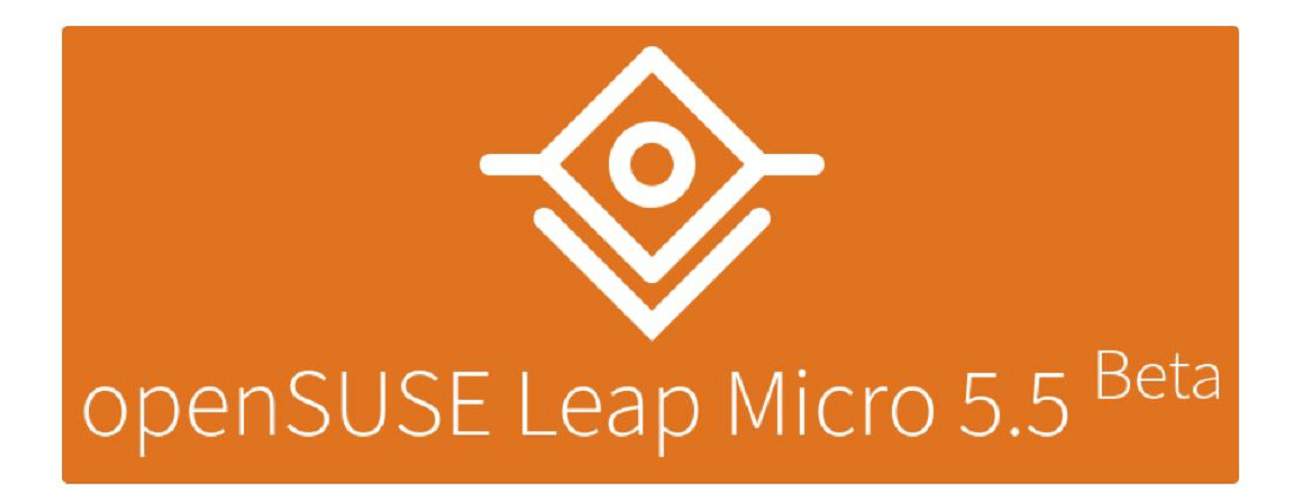
The Rise of Slowroll: A New Direction for openSUSE
openSUSE, known for its innovative approach to Linux distributions, is making waves once again with the introduction of Slowroll, a new rolling-release distro designed to cater to users who prefer a more gradual update cycle. This development marks a significant shift in the openSUSE ecosystem, offering users a choice between the fast-paced Tumbleweed and the more sedate Slowroll.
A visual representation of the openSUSE Slowroll
The Slowroll distribution, while experimental in nature, aims to provide a stable and reliable platform for users who are hesitant to embrace the rapid updates of Tumbleweed. By slowing down the release cycle, Slowroll offers a middle ground for those accustomed to openSUSE Leap, the project’s stable-release distribution.
One of the key distinctions between Slowroll and Tumbleweed is the pace of updates. While Tumbleweed prides itself on its cutting-edge software stack and frequent updates, Slowroll takes a more cautious approach, ensuring that updates are thoroughly tested and vetted before being integrated into the distribution.
The openSUSE team’s decision to introduce Slowroll comes at a time of significant evolution within the project. With the recent announcement of Leap Micro 5.5 and the impending end-of-life for Leap Micro 5.3, openSUSE is clearly exploring new avenues to meet the diverse needs of its user base.
The Influence of MicroOS and ALP
Slowroll’s inception can be traced back to the growing emphasis on immutable distributions and containerized workloads within the openSUSE ecosystem. Following SUSE’s acquisition of Rancher in 2020, the focus on technologies like MicroOS and ALP has intensified, signaling a shift towards more modern and efficient operating system paradigms.
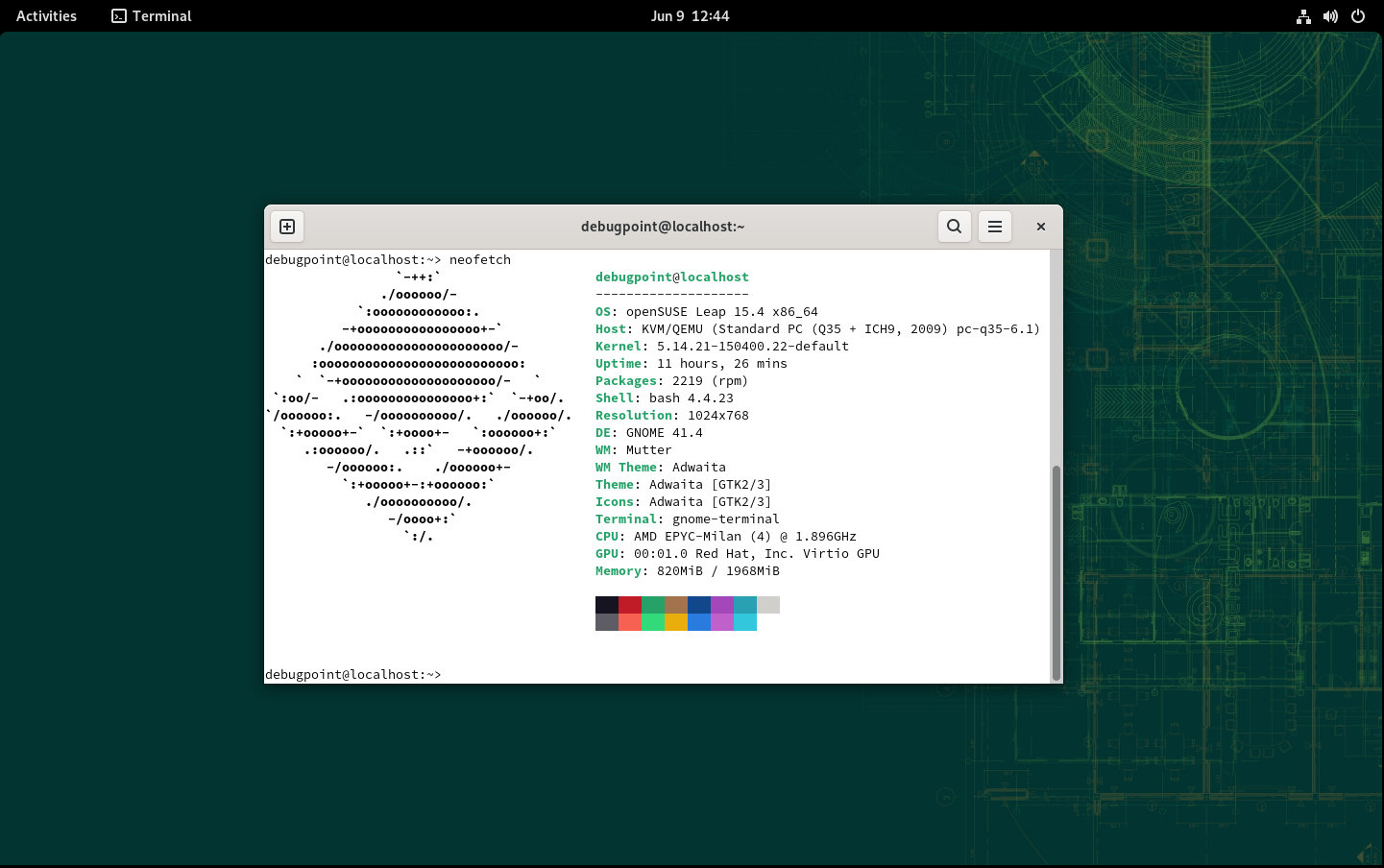 Exploring the world of SUSE’s ALP
Exploring the world of SUSE’s ALP
MicroOS, a key driver behind the development of Slowroll, embodies the principles of stability and predictability in software deployment. By leveraging containerization and immutable filesystems, SUSE is paving the way for a new era of enterprise operating systems, with ALP positioned as a potential successor to the traditional SUSE Linux Enterprise.
Navigating the Landscape of Rolling-Release Distros
In a landscape dominated by fast-moving rolling-release distributions like Tumbleweed, Slowroll offers a refreshing alternative for users seeking a balance between innovation and reliability. By implementing stringent criteria for package updates, Slowroll ensures that only proven and stable software components make their way into the distribution, minimizing the risk of disruptions and compatibility issues.
As Richard Brown aptly describes it, Slowroll represents a deliberate effort to provide a less intimidating experience for users who may find the rapid pace of Tumbleweed overwhelming. By automating the package selection process and prioritizing stability, Slowroll aims to carve out a niche for itself in the competitive world of Linux distributions.
Embracing the Future of openSUSE
The introduction of Slowroll underscores openSUSE’s commitment to innovation and user-centric design. By diversifying its product offerings and catering to a broader spectrum of user preferences, openSUSE is positioning itself as a versatile and forward-thinking player in the Linux community.
As the tech industry continues to evolve, the emergence of distributions like Slowroll highlights the ongoing quest for optimal solutions that balance performance, security, and usability. With openSUSE at the forefront of this movement, the future looks promising for Linux enthusiasts and enterprise users alike.










